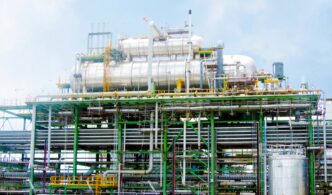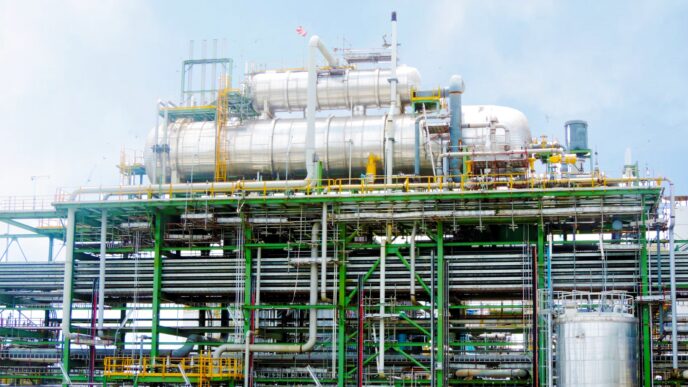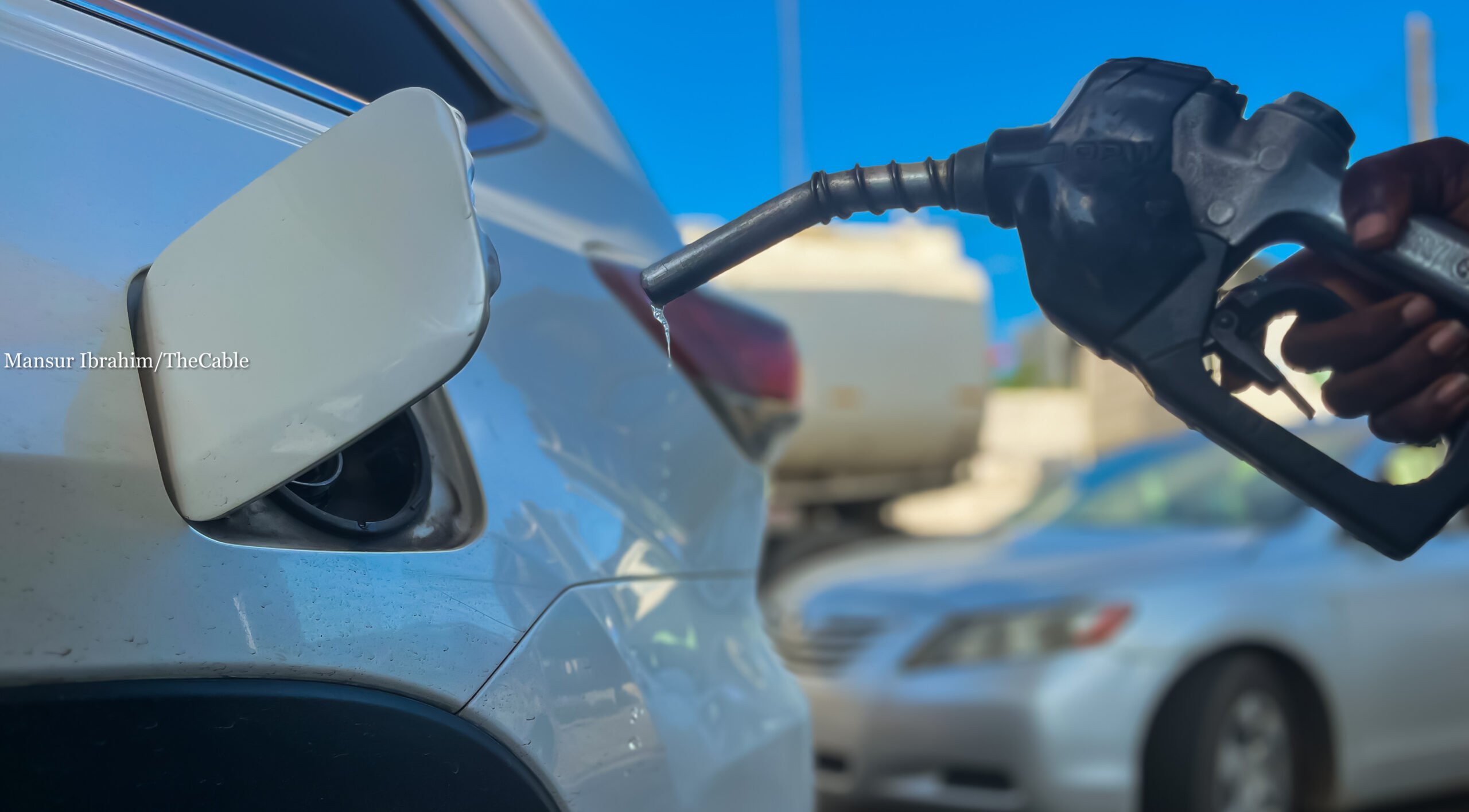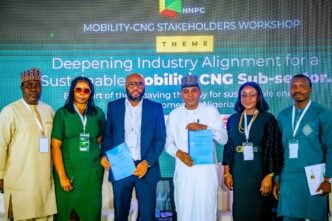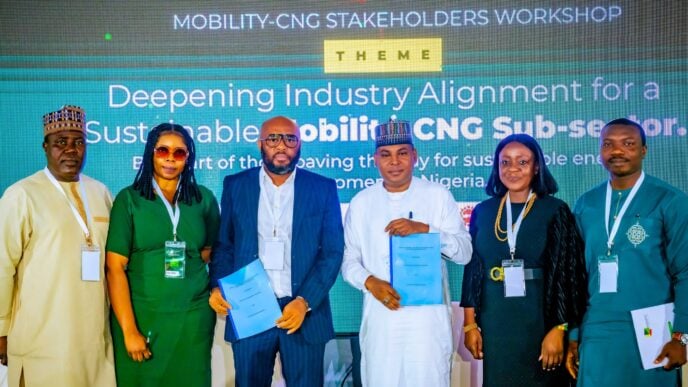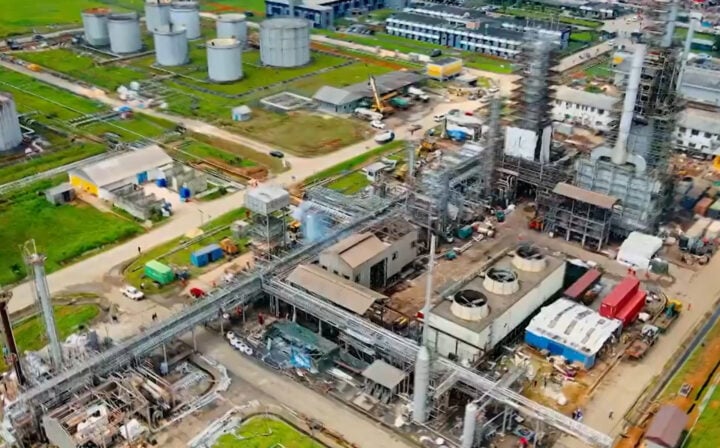Bayo Ojulari, the group chief executive officer of the Nigerian National Petroleum Company (NNPC) Limited, says the $2.8 billion Ajaokuta–Kaduna–Kano (AKK) gas pipeline project will revive industries in northern Nigeria.
Ojulari spoke on Thursday during the 2025 AKK gas pipeline business development forum.
He said the project is a strategic economic catalyst for Nigeria as it is poised to reshape the landscape in various ways.
“First, power generation and industrial growth. The pipeline will supply up to 2.2 billion standard cubic feet of gas a day, fueling power plants in Abuja, Kaduna, Kano, and others,” he said.
Advertisement
“This will revive industries, especially in Northern Nigeria, where I grew up.”
He said the project, which is nearing completion, is a remarkable feat of engineering.
“We collectively recognize the need to work hard, or let me even say harder, together, to make sure the full benefit of this pipeline of prosperity is fully realised,” Ojulari said.
Advertisement
“This is a milestone in Nigeria’s journey towards energy security, economic revitalization, and industrial resilience.
“The AKK pipeline is more than infrastructure. It is a lifeline for economic advancement, job creation, and national integration.”
He said the importance of the AKK gas pipeline in unlocking Nigeria’s vast gas reserves to power homes, drive industries, and fuel innovation across the country cannot be overstated.
According to Ojulari, over 1,900 skilled and semi-skilled Nigerians have already been directly employed on the project.
Advertisement
“Thousands more will be employed once the pipeline becomes operational due to economic spin-offs that will occur all across the sectors,” he said.
The NNPC chief said the AKK pipeline aligns with Nigeria’s Decade of Gas initiatives, which seek to reduce dependence on oil and promote the growth of gas-based industries.
He noted that the project will foster energy equity by expanding gas infrastructure to the northern region, which has historically had limited access to energy.
Ojulari said the pipeline will also deepen compressed natural gas (CNG) adoption for transport, lowering fuel costs and emissions.
Advertisement
“Transportation of food from the north to other regions of the country and sub-Saharan Africa. It is expected to support agro-processing industries, improve value chains, and rural economies,” he said.
“Next, regional integration and export potential. Future extensions could link Nigeria to North Africa, opening transcontinental gas trade routes and economic uplift.
Advertisement
“I am a great enthusiast in connecting Africa, so this is a unique opportunity as well for us to do our part in connecting this sub-region.
“Next are clean energy credentials. The pipeline will transport natural gas, which is the cleanest burning fossil fuel, emitting significantly less carbon dioxide than coal or oil when used for power generation.”
Advertisement
He added that the introduction of the pipeline will significantly displace the use of diesel across the country.
On June 30, Oilserv Limited, the project contractor, said the pipeline is expected to achieve its mechanical completion by the end of 2025.
Advertisement


